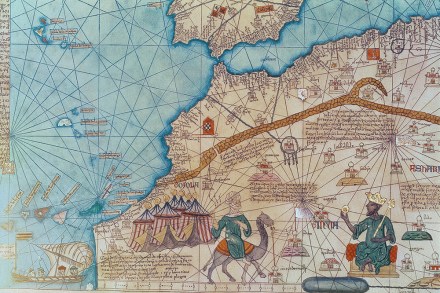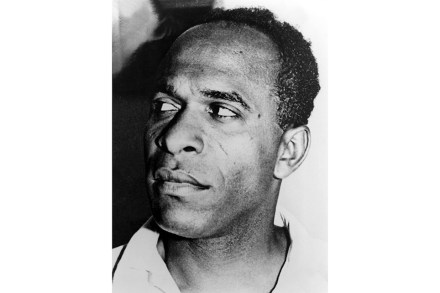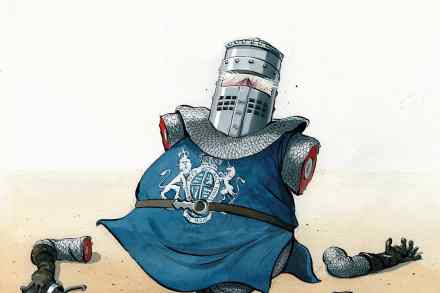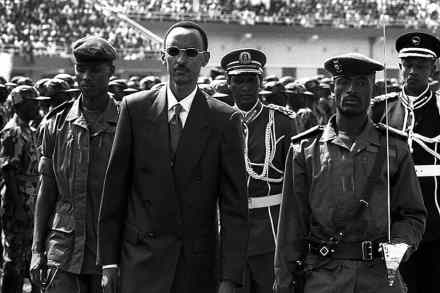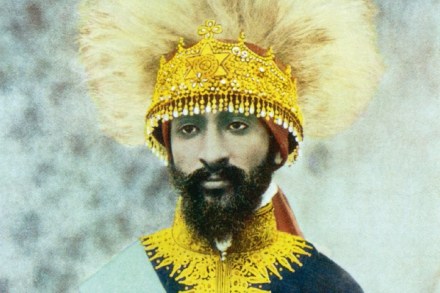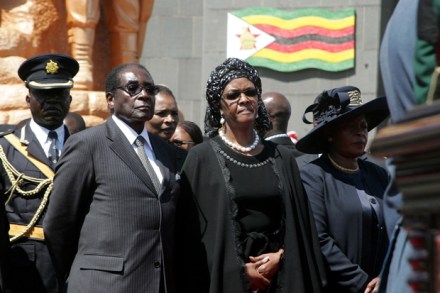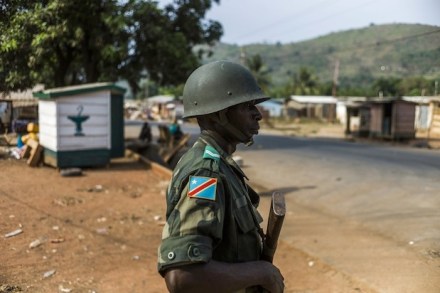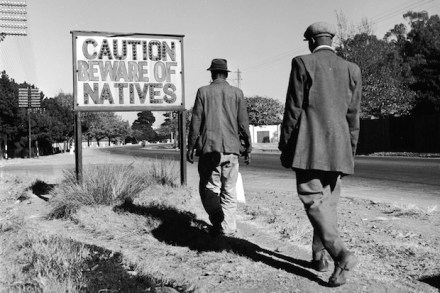Never underestimate the complexities of African history
What does it take to bury an outdated argument? The thought occurred while reading Motherland, one of a series of recent books seemingly haunted by the ghost of Hugh Trevor-Roper. Back in 1964, Trevor-Roper, an expert on the English Civil War and the Third Reich, made the mistake of opining on African history. There was
